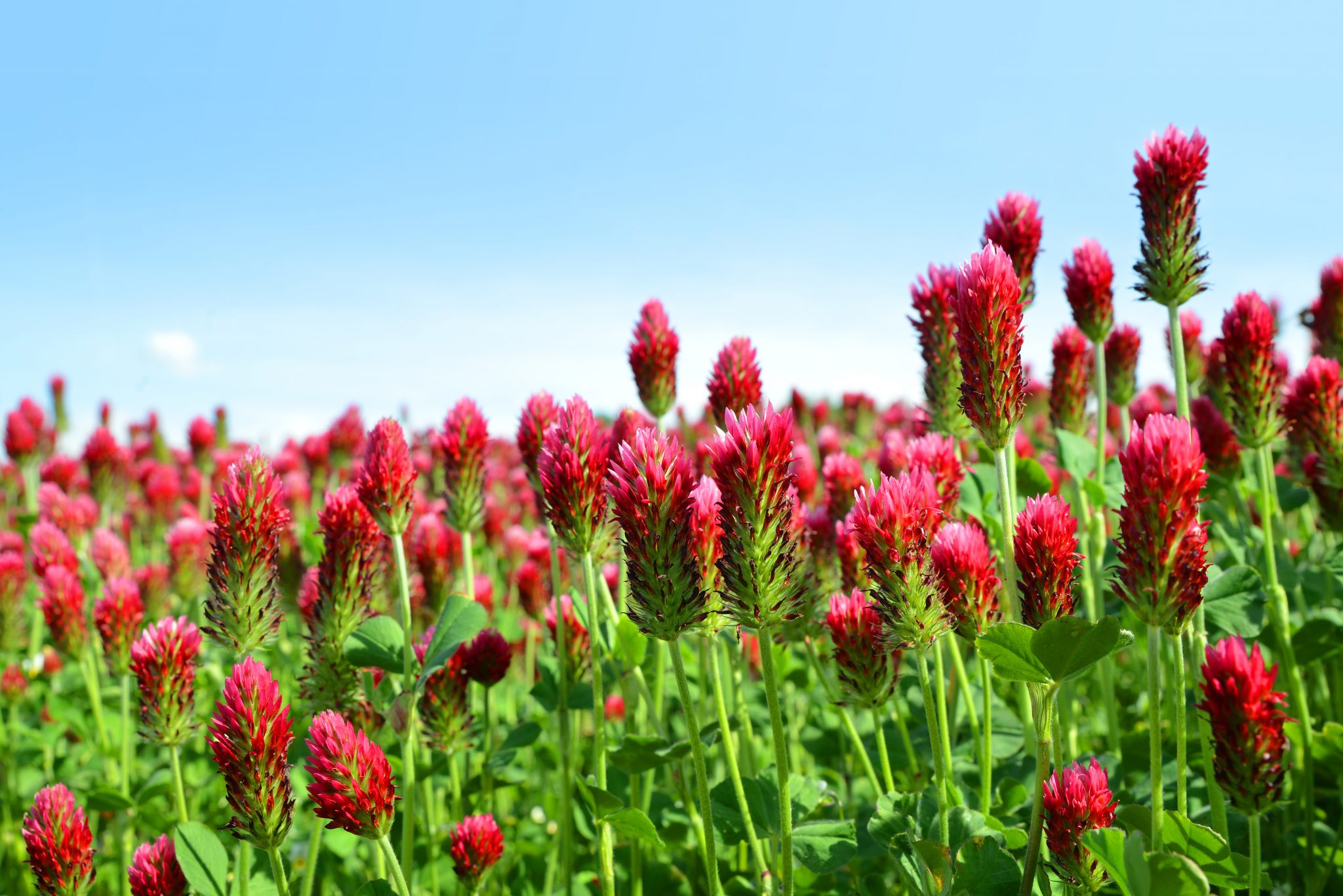Integrated Pest Management (IPM)

Integrated pest management (IPM) is the practice of using a variety of methods to manage pests. When used correctly, pesticides can be a great tool for managing pests. However, they should not be the first action to manage pest problems. The following are several IPM considerations for managing pests.
Soil Testing. Growers must remember to do a soil test for their field or garden. A lot of time and money goes into producing a crop, and many problems are related to nutritional deficiencies. Improving the soil by adding organic matter helps as well. Information on soil testing can be found on the Soil, Forage & Water Testing Laboratory website.
Cover Crops. Growing cover crops when the vegetable crop is finished is also a good idea. Growing crops, such as cereal rye or crimson clover, during the fall and winter will keep the organic matter from washing away from the field or garden and adds additional organic matter as well. If growers have room, summer cover crops, such as sorghum, sunflowers, or iron clay cowpea, can be planted in the spring in areas of the field or garden that is not in production. More information on cover crops can be found in the Alabama Extension publication Cover Crops for Alabama.
Seed Varieties. When choosing which varieties or cultivars to grow, try to plant ones with disease resistance when possible. Many diseases can be avoided just by planting disease resistant seeds. These seeds may cost a little more and can sometimes be hard to find, but may be beneficial if diseases can be avoided.
Crop Rotation. Do not forget about crop rotation. This means growers need to be rotating vegetable families planted in each plot. For example, tomatoes, peppers, and eggplants are in the same family and should be planted together. Next season, plant another vegetable family in that spot.
Irrigation, Mulching, and Weed Control. Having the proper irrigation, mulching, and weed control practices in place can help relieve stress on crops.
Trap Cropping. Using trap crops has great potential and is done on many commercial farms in Alabama. This is a practice of planting a crop more desirable to certain insects along with the desired crop. For example, if the desired crop is tomatoes, having a trap crop in place will detour the insects to the trap crop, leaving the tomatoes alone.
Additional IPM Practices. IPM practices can also include hand removal of insects, such as caterpillars from tomatoes, or using barriers to keep cutworm from plants.
More Information
Remember, a grower’s eyes are also an important management tool. Do not forget to scout fields often and identify the pest correctly. Each year, Alabama Extension professionals hang several insect traps in numerous locations around the state. They use these traps in order to know how the insects are spreading and to be able to let farmers know when and what to be scouting for. For more assistance, growers can send diseased plant and insect samples to one of the Alabama Extension plant diagnostic labs.

